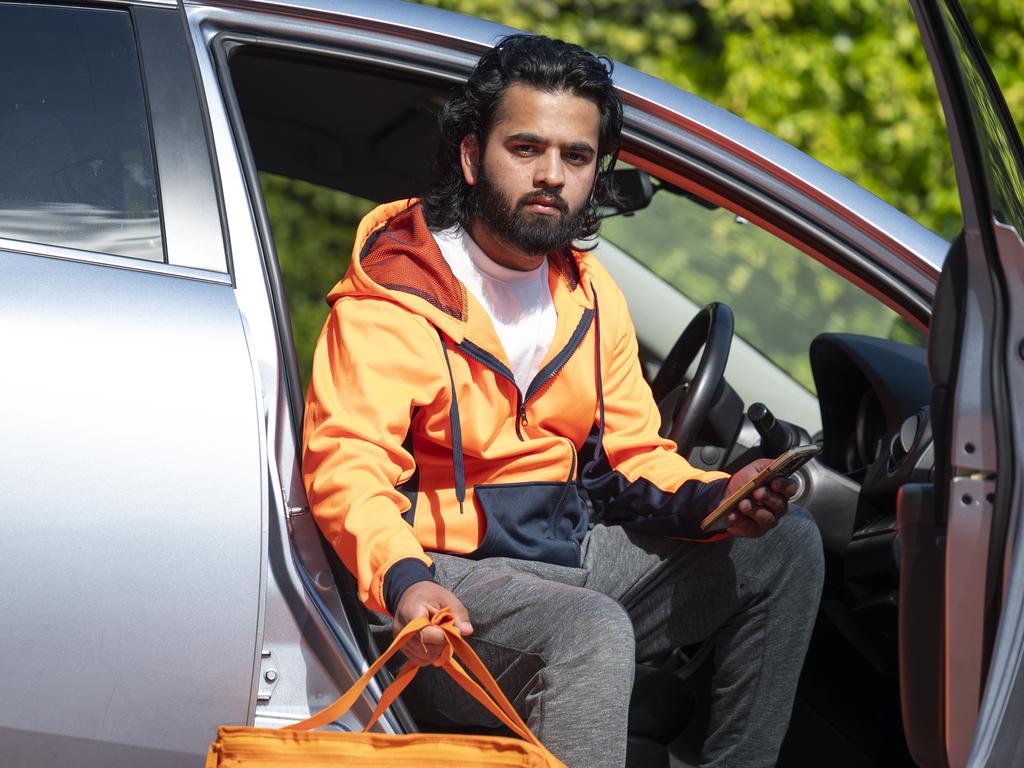Union push for shorter hours on same pay
Unions will campaign for shorter working hours for the same pay, including a four-day week and more rostered days off.

Unions will campaign for shorter working hours for the same pay, including a four-day week and more rostered days off, as a dividend for past productivity gains.
ACTU secretary Sally McManus said the shorter hours for the same pay push would be a key focus of the the triennial ACTU Congress, known as the workers parliament, when it convenes in Adelaide next week.
Ms McManus said the shorter hours campaign would start in unionised workplaces at the enterprise level.
“This is really our movement saying this is an ambition for us. We’ll pursue it at workplace levels and there will be campaigns there building into a national demand,” she said.
Ms McManus said the shorter working hours model likely to be endorsed by delegates would include support for a four-day week, which had become a very popular demand” by workers.
Unions are likely to pursue a model that also allows for claims for more rostered days off or a nine-day fortnight.
While unions in industries experiencing skills shortages would be currently constrained from pursuing shorter hours claims, Ms McManus said she expected white-collar unions to be at the forefront of the campaign.
“(Shorter working hours) has become a bigger and bigger issue after it went into hibernation really since the late-80s, but it’s coming back,” she said.
“We find a big interest across the workforce, but in particular, in younger people.
“This is now being pursued more and more again in workplace agreements, mainly in more office-based jobs – the public sector, but also in white-collar jobs in the private sector.
“I think the only thing holding back a big push, a big demand on this, is the current skill shortage, which a whole lot of industries are currently facing.
“However, we are looking at the possibility or likelihood that AI (artificial intelligence) may decrease shortages, so not just pay, but also shorter working hours are going to be a demand that more and more working people, not just unions, are going to be making.”
The union push is also informed by the experiences of workers during the pandemic and beyond where workers have been able to negotiate flexible hours, including shorter hours, especially when working remotely.
“The whole reassessment of the place of work in life that’s happened post-pandemic. I think that people are different and this is one aspect of it: People want to see shorter working hours,” she said.
Asked if shorter working hours on the same pay conditional on demonstrated productivity should be the three elements in the equation, she said: “Not always but mainly. It would be a push that would start with unionised workplaces, like we’ve done in the past, like has happened with every push on working hours in this country.
Employers “owe workers for a lot of the productivity gains by workers over the past decade, but companies have just taken the benefits and cashed them out”, she said. “For a bit longer than a year, employers have been banging on about how we’ve had this big productivity dip,” she said.
“But they’ve used this entirely opportunistically because the so-called dip we had was the fact that during shutdowns, the low productivity areas were shut down and now they’re back. That’s the way the national figures play out and guess what, now it’s back to where it was before, so working people have not seen the benefit of productivity gains for quite a long time now.”








To join the conversation, please log in. Don't have an account? Register
Join the conversation, you are commenting as Logout